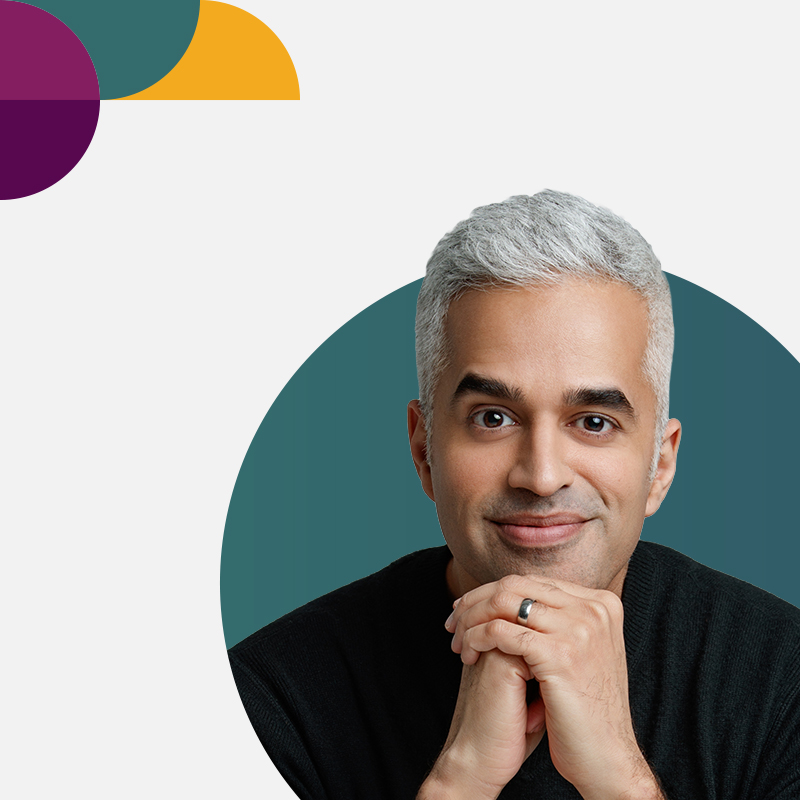Did you know that uncertainty can cause more stress than pain?
In research published in Nature Communications, a team found that the anticipation of ‘something painful’ happening can cause more stress than knowing for certain that it will actually happen.
As 2020 has shown us, life is full of uncertainty.
Whether it’s a global pandemic or even a new boss – employees need tools to support themselves through change and uncertainty in order to not only perform their best, but consistently perform.
As a Performance Based Mindfulness expert, I’ve seen many ways stress take down your high performers:
Rumination: the stress response turns on our Default Mode Network and people find themselves thinking about the stressor at all hours (especially bedtime) rather than focusing on high priority items.
Multitasking: the stress response increases their addiction to dopamine (a pleasurable neurotransmitter we get a hit of when we ‘do’ things) so employees are working on low priority quick tasks (like checking email) that lead to more ‘hits’ instead of impactful or strategic goals.
Negativity Bias: the stress response increases their attention on negative stimuli which is great when in a dark alley but not so great when they highlight only the negative parts of emails and focus energy thinking about how they are going to get fired, be furloughed, or how impossible challenges are to overcome.
These stress responses are built to save us in an actual life-threatening situation.
But as a daily response in our professional lives, not mindfully dealing with our underlying stressor may cause us to behave in ways that aren’t healthy, nor impactful. IE – we get an email from a coworker and respond right away, which escalates a situation rather than thinking through what might be the best response to this situation.
It isn’t just a case of building resilience, the step before achieving resilience is pausing and presence rather than moving straight to auto-pilot reactions that might not be the most healthy or impactful for the given situation.
It’s about helping them be more present in the moment so they can process:
- How do I feel about this stressor?
- Can I actually impact this stressor?
- If so, what is the most healthy/impactful action I can take and what is the priority?
- If not, how do I accept this situation for what it is?
Our actions, which are informed by our feelings, end up being much healthier, productive, and impactful when we pause before going into autopilot reactions.
As an expert on Performance Based Mindfulness, I attract and work with companies with aggressive goals and type A professionals who want to not only consistently and professionally excel, but also increase their wellbeing.
If you’re interested in hearing more, please watch the webinar I hosted with Betterworks – Chaos to Calm: Incorporating Mindfulness to Reduce Stress and to Increase Performance.







